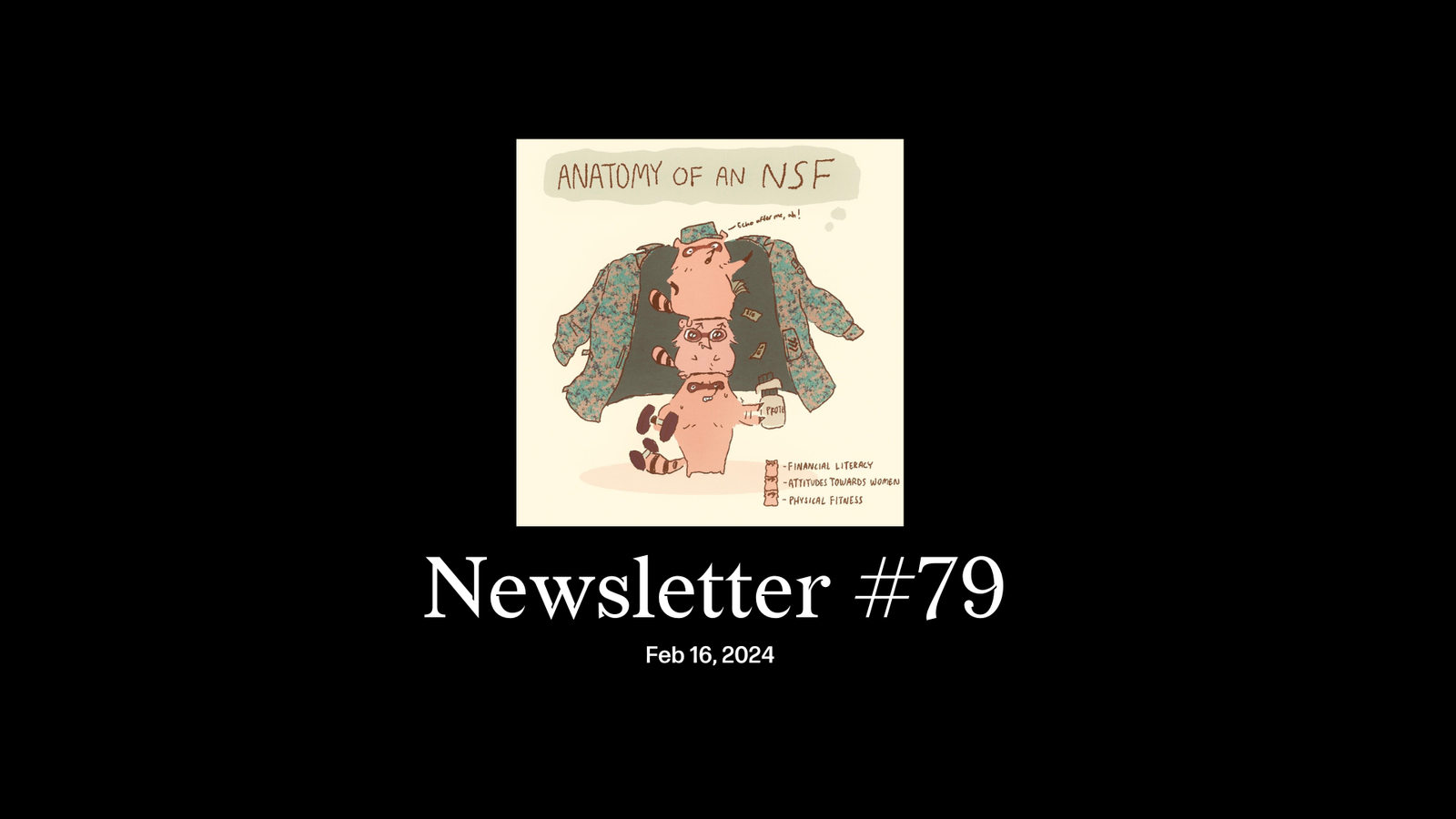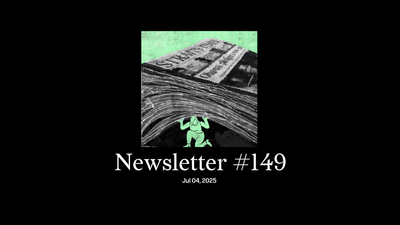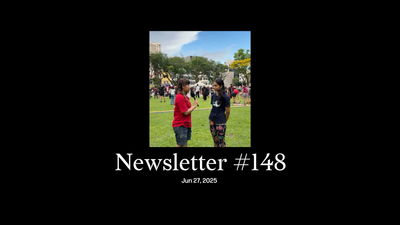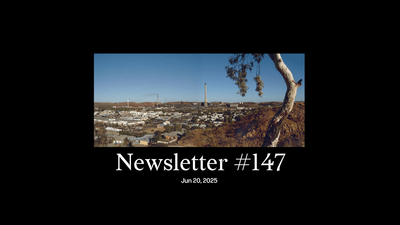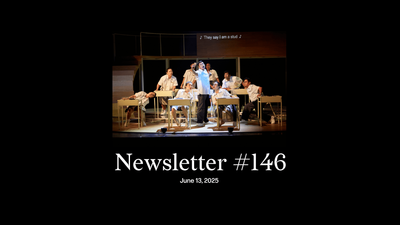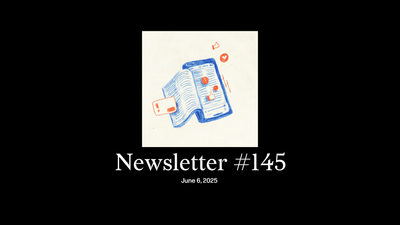Dear reader,
- Jom’s essay of the week: “Boys will be boys? Masculinity in Singapore’s National Service” by Athena Thang is an exploration of NS as a key site for the contestation and reproduction of masculinity in Singapore: its complexities, challenges, and possible ways forward. For their analysis, Thang and her supporting cast rely on interviews with servicepeople, and experts like Corinna Lim of AWARE and academic Chris Tan, as well as a review of contemporary global discourse, from bell hooks to Jordan Peterson. Look out also for the visuals by Chun Kit Fong, whose illustrations of “soldiers” not only capture Athena’s figurative device, but in their approachability and cuteness also point the way towards a less testosterone-charged vision of masculinity. This essay should interest parents of teenage boys, especially, but really all interested in gender dynamics in Singapore.
- “Singapore This Week”: In Jom’s weekly digest, we discuss the parliamentary debate about the use of Singapore’s reserves, whether Singaporeans are being priced of the property market by rich foreigners, putting on one’s game face to deal with cyberbullying, crimes of passion on Valentine’s Day, kids discovering the arts, and more.
For the rest of this newsletter, I’ll discuss the latest local political goss, and share some brief thoughts on my own experience with Singaporean masculinity, from NS in the 1990s to conversations with other mid-40s entrepreneurs after co-founding Jom.
Local politics. When will the next general election (GE) be? It’s due by November 2025, though many think it may be late this year. One theory, reiterated to me this past week by two analysts, goes like this:
- A slate of new public housing launches in June-July will be trumped up by the government and media (to try and assuage the concerns of aspiring owners/renters);
- Lee Hsien Loong, prime minister, will hand over the reins of the ruling People’s Action Party (PAP) to Lawrence Wong, who’ll then deliver this year’s National Day Rally speech in August; and
- Subsequently the party will be ready for the GE.
Perhaps the PAP’s 70th anniversary celebrations in November may also somehow factor into this. Expect images of an avuncular, caring Lee Kuan Yew near you.
In any case, Jom will start ramping up our political coverage from around June this year. Expect the usual essays and social media snippets—do follow us on Facebook, Instagram, X and LinkedIn.
We also hope to start producing more videos. Most exciting, perhaps, is that we’ve started brainstorming an election night livestream. Why watch CNA? Join Jom instead as we dissect the results, live, as they come in–hopefully in our usual irreverent fashion.
Elsewhere this week, we saw Chee Soon Juan, leader of the Singapore Democratic Party, put out a video that targets one of the main failures of the PAP’s land distribution model: the fact that owners of freehold properties, including ministers with their bungalows, will be able to pass on their land wealth to their kids, while owners of 99-year-leasehold properties will ultimately have to hand them back to the government (in return for nothing, mostly). It’s an intergenerational wealth time bomb, in my view. We write about Chee and his book launch tomorrow in “Singapore This Week”.
Following the parliamentary debate on Singapore’s reserves, Ho Ching, the former boss of Temasek, Lee’s wife, and one of Singapore’s most prolific Facebookers, also weighed in on the issue, as she tends to do. “Those who earn their own money will often be more careful with their money than those who inherit their money from their grandfathers or grandmothers,” her soliloquy began. What role will she play in the next election? Will her public comments help or hurt the party? It’s one of the many interesting sideshows.
Singaporean masculinity, from NS to Jom. In previous Jom essays, I’ve called for the abolition of military conscription, and also, separately, showcased comments from Suhaimi Zainul-Abidin, boss of Quantedge and a major in the Singapore Armed Forces, who makes a persuasive case for its continued relevance. Over the past few weeks, while working with Athena on her essay, and finding resonances in my own memories, I’ve been forced to confront the roots of my own nascent masculinity as a teenager in the 1990s.
I wouldn’t quite use the phrase “toxic masculinity” as a shorthand for my NS experience, because it’s a bit reductive (for me). After all, I felt numerous instances of male brotherhood, kinship, and tender affection, all in keeping with the concept of “caring masculinity” that Athena describes.
But to be sure, there was toxicity in the air: the objectifying of women; the idealisation of a hardened, loud-mouthed, machismo version of masculinity; and, perhaps worst of all, the open, communal bigotry against those who didn’t fit in, especially queer people.
On that note, I was really heartened to read Chris Tan’s comments to Athena. Tan, an anthropologist of new media, gender and sexuality, believes the situation for queer people in NS today has improved dramatically. “It’s only the feminine ones who will be assigned to clerical posts, and even then, it’s to protect them from potential bullying rather than to prevent their supposed ‘bad’ influence from spreading.”
Encouragingly, while at Jom, I’ve observed many Singaporean men wanting to be more open and honest with their feelings, part of a collective struggle to tear down antiquated models of masculinity. I think of Lepak Conversations’ first-ever male mental health event last year, in collaboration with the Singapore Association for Mental Health; and all the private messages sent to me by middle-aged male entrepreneurs (love you all) whenever I write openly about emotional challenges at Jom, most recently with our POFMA case last year.
I know some might read Athena’s essay today and fixate on the problems highlighted, but I actually see her piece—particularly the openness with which all her interviewees shared their stories—as yet another sign that we’re headed in the right direction.
Jom bercinta,
Sudhir Vadaketh
Editor-in-chief, Jom
p.s. I want to thank Lim Boon Hui, deputy director of media operations at the Ministry of Defence, for his responses to our queries on the issues in the essay, which shows the government’s eagerness to engage on this topic.
If you've enjoyed our newsletters, please scroll to the bottom of this page to sign up to receive them direct in your inbox.


